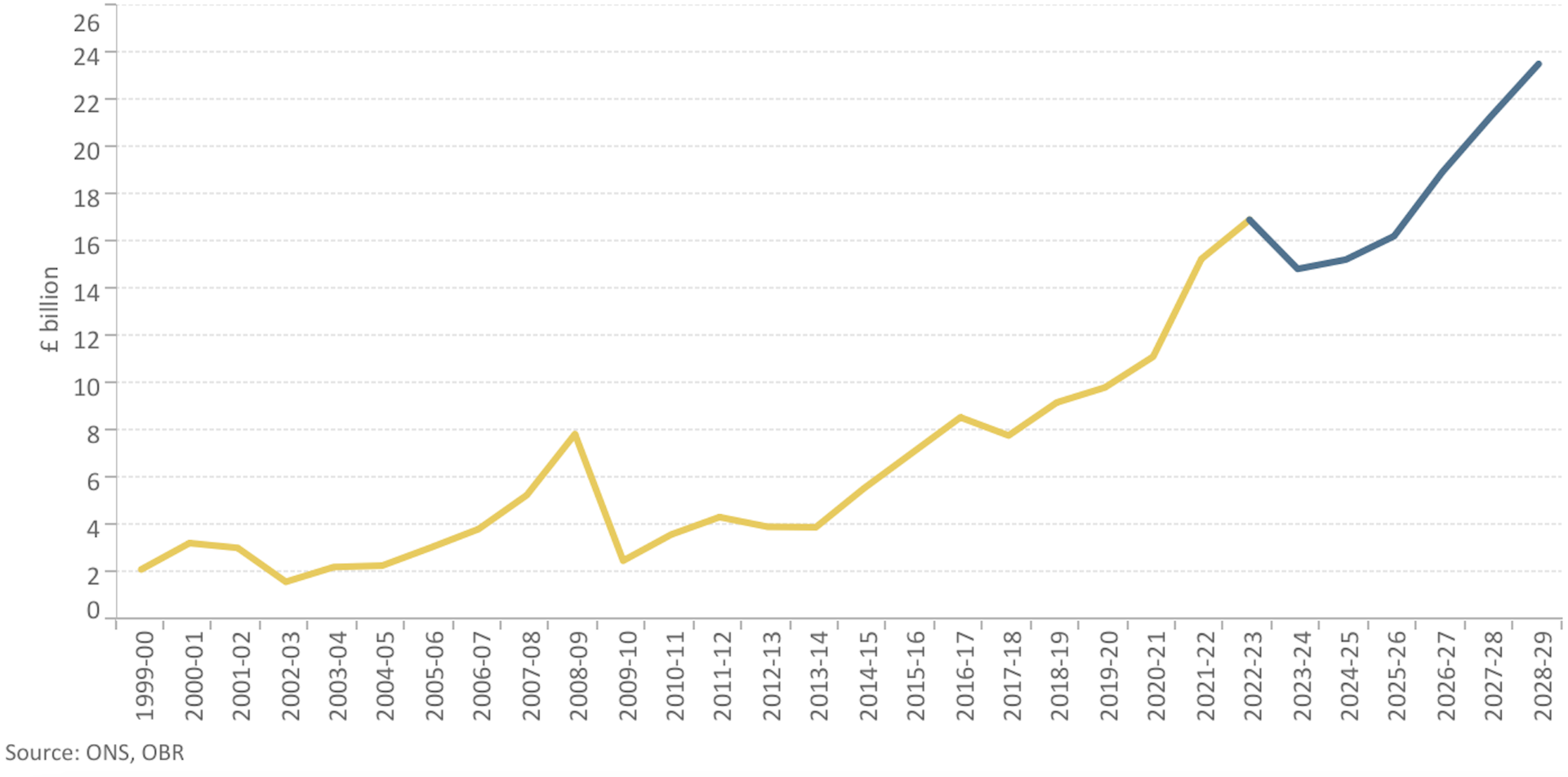Chancellor dodges questions over tax increases as CGT looks a soft target for Labour government's budget balancing

Rachel Reeves arrived in the US yesterday for a whistle-stop tour of the US and Canada on a “Britain is open for investment” tour. Before she left, she confirmed that she had difficult decisions to make before she delivers the new government’s first budget on October 30.
While she has said that she wants to avoid tax rises that affect “working people” or damage investment, the Chancellor of the Exchequer has hinted at the possibility of raising the capital gains tax as she grapples with filling a £22 billion budget deficit. In an interview with Bloomberg Television yesterday, Reeves emphasized the need to strike the “right balance” on tax policies in the upcoming budget.
Reeves remarked: “Of course you need to bring in the revenue to fund vital public services, but we’ve also got to grow the economy and I won’t do anything that makes it harder to achieve that economic growth and prosperity,” during her North American trip aimed at attracting investment.
The Chancellor’s comments suggest that increasing the capital gains tax remains a very real possibility as she seeks to boost funding for public services. Economists speculate that such a move could align capital gains tax rates with income tax rates. This speculation follows Reeves’ decision to leave the major revenue sources - national insurance, income tax, and value-added tax - untouched. Buy-to-let mortgage holders and any of your clients with an investment property could be adversely hit, as their calculations on after-tax investment returns could suffer a significant blow.
Capital Gains Tax Rates
Albania - 15%
Australia - 50% off regular income tax rate
Austria - 27.5%
Canada - 50% off regular income tax rate
Croatia - 12%
France - 30% (+4% for high earners)
Germany - 26.375%
Greece - 15%
Ireland - 33%
Liechtenstein - 24%
Netherlands - 0%
New Zealand - 0%
Spain - 28% (residents)
Turkey - 40%
USA - 20%
These rates are all indicative – please check with a tax advisor
There are also concerns that targeting capital gains tax might deter investment in the UK, particularly as Labour seeks to attract foreign capital. One area under review is the treatment of carried interest, a portion of investment returns shared with fund managers. Reeves indicated that private equity firms co-investing in deals might receive more favourable tax treatment. “If you put in your own capital, if you’ve got capital at risk, I think it is right that you benefit from a more generous form of tax relief,” she said. “But if it’s not your capital at risk, then it’s not right that you receive those tax breaks.”
Currently, fund managers pay a capital gains tax rate of 28% on their investment returns, which is significantly lower than the 45% income tax rate many would otherwise pay. Reeves has emphasized the need for tough decisions to stabilize public finances and stimulate growth. She blamed the previous Conservative government for undisclosed spending pressures contributing to the budget shortfall.

Last week’s audit of public spending has fuelled speculation about potential tax hikes in the forthcoming budget. Reeves warned of “difficult decisions across spending, welfare and tax” but also expressed a desire to reduce Britain’s overall tax burden. “I want to bring that tax burden down because I want to make Britain the best place to start and grow a business and I want working people to keep more of their own money in their pockets,” she stated.
When asked about increasing capital gains tax, Reeves ducked the question again, “it’s always important when you’re deciding tax policy to strike the right balance.”
Reeves’ itinerary includes meetings with executives from companies like cloud computing firm CoreWeave, to promote data centre construction in the UK. The government is also reviewing decisions on data centres in Buckinghamshire and Hertfordshire.
The Chancellor’s visit is part of a broader effort to restore confidence among international investors after years of political instability and Brexit-related issues. The UK government has announced an international investment summit on October 14 as part of this initiative, with attendees including CEOs from Blackstone, BNY Mellon, and CyrusOne.
Additionally, Reeves has not dismissed the idea of excluding losses linked to the Bank of England from the government’s debt calculations, a move that could create £16 billion in fiscal headroom by 2028-29 according to Bloomberg Economics estimates.



